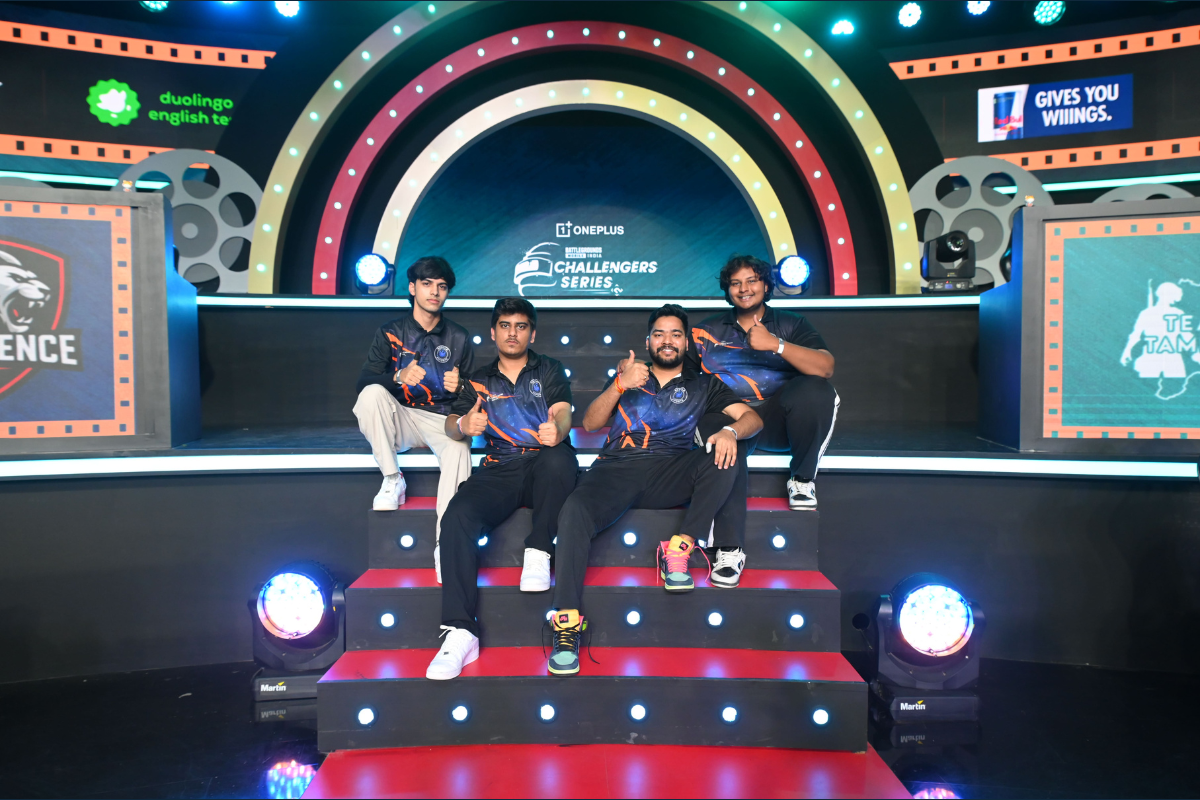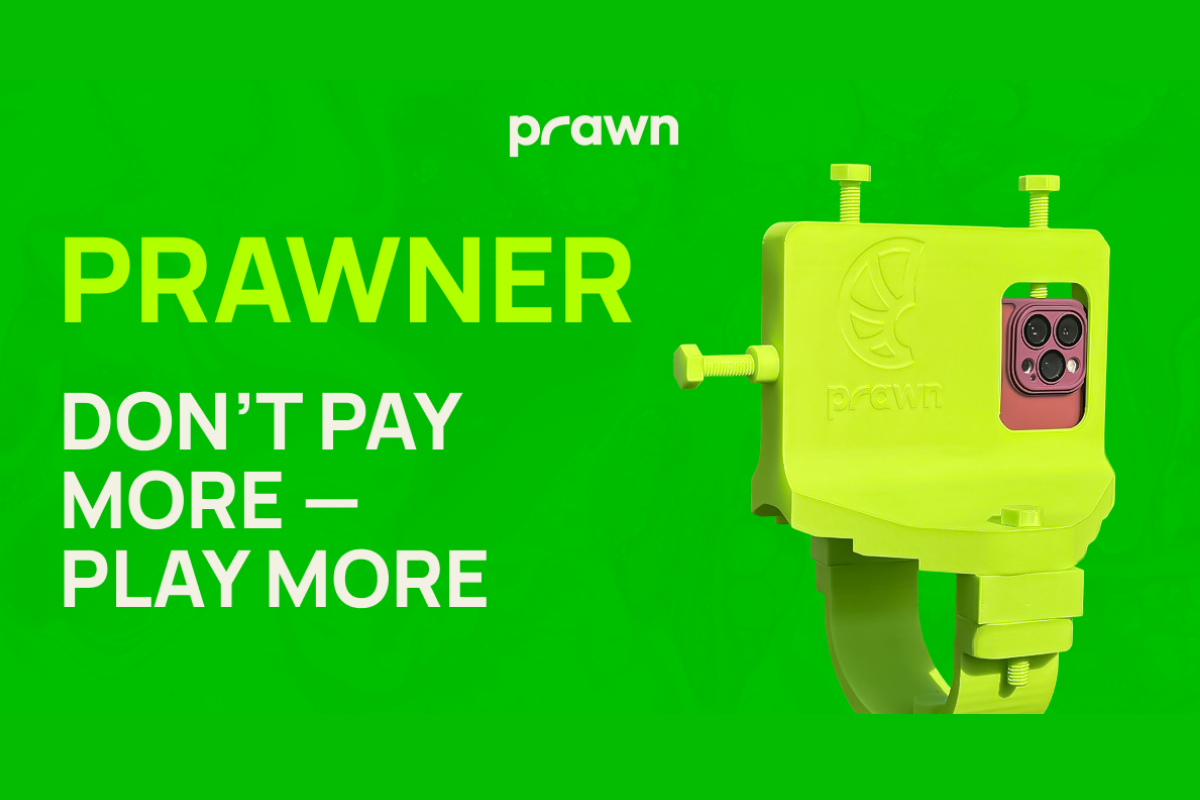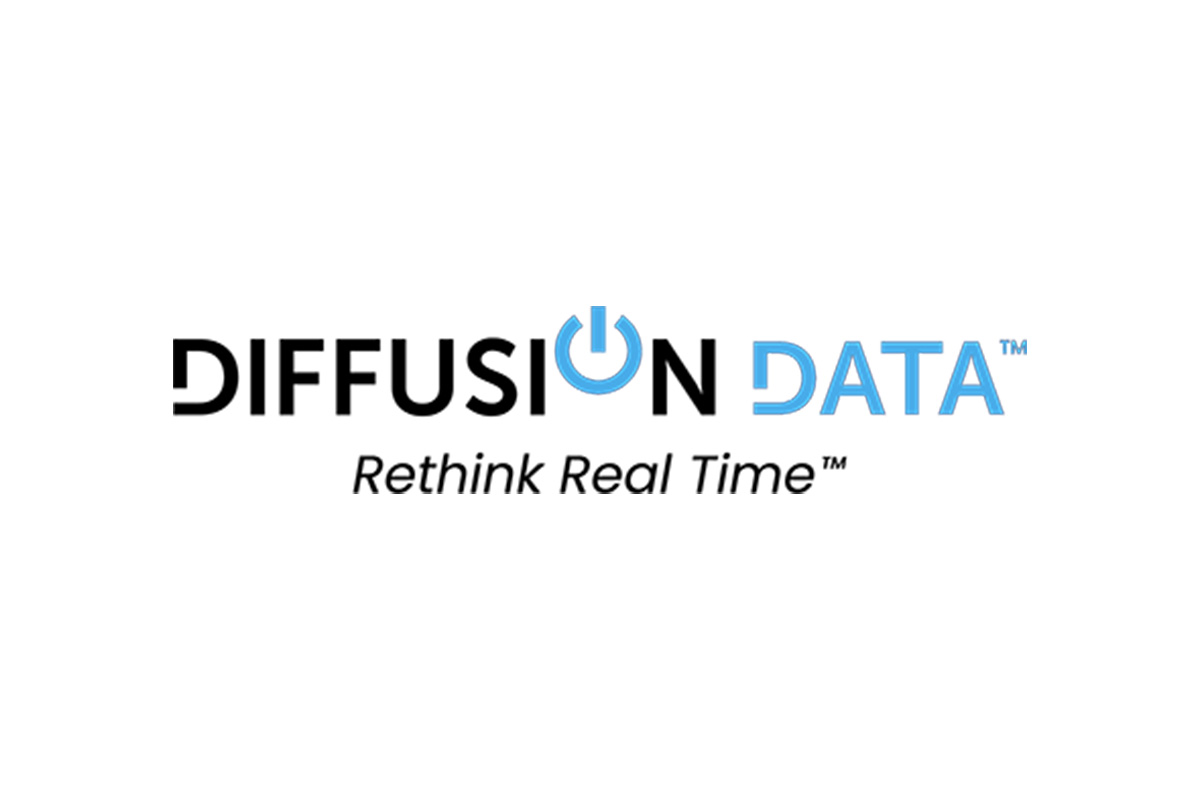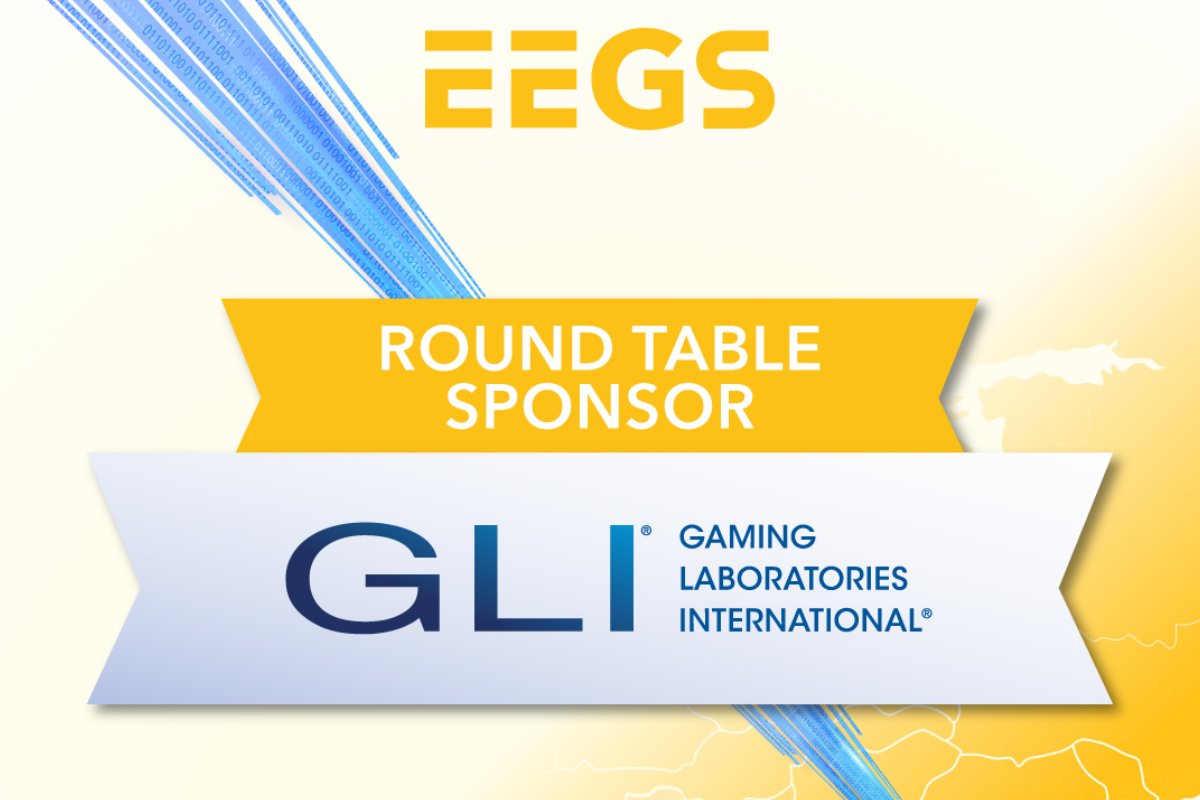Industry News
Lottery monopoly unlawful

Lottery monopoly unlawful: In the opinion of the Administrative Court of Munich, the monopoly violates EU law and constitutional law
For the first time, a German court has judged the lottery monopoly claimed by the German states to be unlawful. Thus, the billions in revenues for the 16 German states from the games of chance offered by them are clearly endangered.
The Administrative Court of Munich, in a judgment, reached by the law firm ARENDTS ANWÄLTE, concludes that the German lottery monopoly in its current form violates both the freedom to provide services guaranteed under EU law (Art. 56 et seq TFEU), as well as the constitutionally guaranteed freedom of choice.
In October 2010, the applicant approached the Government of Upper Palatinate, which was responsible for issuing gambling licenses for the organization of lotteries with not only low risk potential, and inquired about the possibility of licensing a number lottery in the Free State of Bavaria. The applicant was then given a “checklist for permission to operate public gambling”. Based on the explanatory notes of the (unpublished) checklist, the applicant submitted a request for permission to hold a number lottery in the Free State of Bavaria. On the basis of the unclear information which the plaintiff received from the Government of Upper Palatinate in response to repeated inquiries about the conditions for obtaining a license, the plaintiff repeatedly amended the permit application. On the instructions of the Bavarian Ministry of the Interior, the Government of Upper Palatinate justified the refusal by stating that the plaintiff, in the opinion of the authorities, did not meet the requirements of material permission (without mentioning the monopoly).
The plaintiff brought an action before the Administrative Court of Munich against the refusal by the Government of the Upper Palatinate after almost one and a half years of administrative proceedings in 2012. Remarkably, the Government of the Upper Palatinate only at the first oral hearing, and only after repeated inquiries from the Chairwoman Judge, argued with the applicability of the monopoly regulations, which were, according to the Government, compliant with German constitutional law and European Union law.
The Administrative Court of Munich disagreed in its judgment of 25 July 2017. According to the recently served reasoning of the court, the lottery monopoly enshrined in section 10 (2) and (6) of the German Interstate Treaty on Gaming (Glücksspielstaatsvertrag – GlüStV) is unlawful because of the advertising practice of the state gambling operators.
The court relies on several points. For example, the Advertising Guidelines of the German States, which concretizes section 5 (1) to (3) GlüStV with regard to permitted advertising, do not strictly consider the criteria elaborated by the Court of Justice of the European Union (CJEU) and by the Federal Administrative Court, which must be observed in order to justify a gambling monopoly. The Administrative Court of Munich points out in this regard that section 3 (3) sentence 4 of the Advertising Guidelines explicitly allows image advertising contrary to the requirements of the Federal Administrative Court. Furthermore, according section 5 no. 1 sentence 2 and 3 of the Advertising Directive, gambling can be advertised attractively and the charitable nature of lotteries can be emphasized.
Also, the advertising practice does not meet the requirements of the relevant case law. The Administrative Court of Munich justified this on the basis of numerous advertising examples of the state gambling operators, which were submitted by the applicant in the administrative court procedure. For the systematically operated inadmissible advertising practice of the state gambling operators in the area of number lotteries, the Administrative Court refers to the improper advertising with specifically advertised high jackpot sums in radio and television spots. In addition, unlawful jackpot advertising can be found in newsletters and in customer magazines of the state gambling operators, in social networks, in banner advertising on news sites on the Internet and on the Internet start pages of the state gambling operators.
According to the administrative court, the jackpot advertising of the state gambling operators stimulates the wishes of the citizens for winning money and so far stimulates undecided persons to play along. Often, the promised high profit with a future better life without the compulsion to earn a living by work, were linked to gambling. Thus, with the jackpot advertising not only existing gambling passions were addressed in order to direct them into order, but first time game incentives were created for non-game enthusiasts or a need for gambling in already interested gamblers was increased. In addition, in the opinion of the court, the state gambling operators pursued inadmissible image and sympathy advertising.
Furthermore, the statements made by the state lottery companies about millionaires had an inadmissible incentive to gambling participation, especially if they were linked to the awarding of the winner’s comparatively small stake.
Consequently, the Administrative Court of Munich, in its ruling, comes to the conclusion that the regulations in the advertising guideline and the advertising practice based on it to promote high jackpot profits go well beyond a channelling and steering function of people interested in public gambling. The practice of jackpot advertising would actively and clearly provide incentives to participate in public gambling, number lotteries. Through such advertising practice, the goals of the GlüStV are ultimately no longer met.
Finally, the Administrative Court of Munich rejects a new assignment of the plaintiff’s application on the grounds that the financial capacity of the applicant was not sufficiently established. However, in the “checklist” sent by the Government of Upper Palatinate, it merely requested the submission of a so-called sales concept.
Attorney-at-law Clemens Schmautzer of the law firm ARENDTS ANWÄLTE refers to the economic importance of the no longer tenable lottery monopoly: “The statements of the Administrative Court of Munich are likely to cause panic attacks in the German states, which were, since the fundamental decision of the Federal Constitutional Court of 28 March 2006, file no. 1 BvR 1054 / 01, more bad than right trying to continue to secure the proceeds of the lotteries.”
According to attorney-at-law Martin Arendts, the states, and if they do not succeed, then the federal parliament, are called upon to finally create a coherent and consistent gambling regulation: “We definitely need a quantum leap. It was a gross tactical mistake that the state Prime Ministers at the ministerial presidents’ conference on 17 March 2016 only decided on minimally invasive amendments to the existing regulations of the GlüStV in a formulaic compromise. After the sports betting licensing procedure, which was started in 2012, ended in a dead end due to several court decisions (which held the procedure not to be compliant with EU law), the state of Hesse had submitted a draft for the fundamental revision of the gambling system.”
-

 Asia5 days ago
Asia5 days agoDigital gaming disruption tackled in 1st AsPac Regulators’ Forum
-

 Asia7 days ago
Asia7 days agoBGCS and BGMS league stages conclude; rising stars set to meet pros in the playoffs
-

 Latest News7 days ago
Latest News7 days agoHigh Roller Technologies and Flows partner to launch player engagement experiences, with technical integration complete in record time
-

 Central Europe7 days ago
Central Europe7 days agoFootball Stats Startup Challenges Multi-Million Company With Free Publication Of Blueprints
-

 Latest News7 days ago
Latest News7 days agoThe Current State of the German iGaming Market and Its Role in Europe
-

 Eastern Europe7 days ago
Eastern Europe7 days agoSYNOT Games Partners with WIN2
-

 Latest News7 days ago
Latest News7 days agoDiffusionData Releases Diffusion 6.12
-

 Latest News7 days ago
Latest News7 days agoOperator-Exclusive Slots: Do Content Bundles Still Deliver ROI?
















